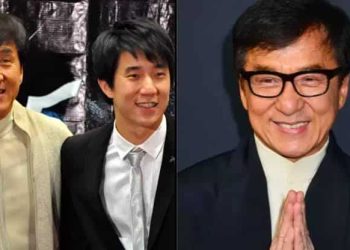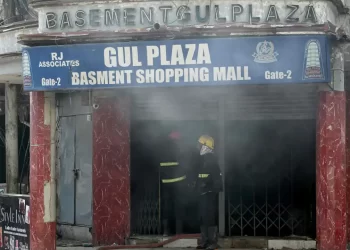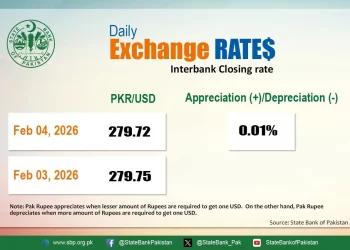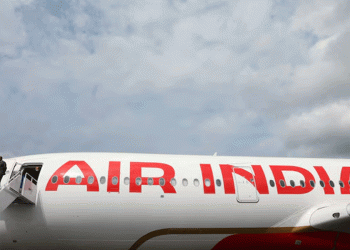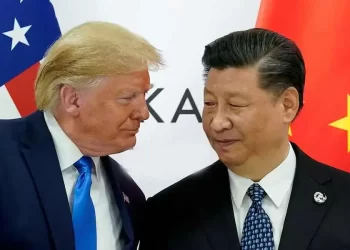Iranians cast their ballots on Friday in a presidential election marked by a lone reformist’s bid to break through against a divided conservative field.
Around 61 million Iranians are eligible to vote in the election called after the death of president Ebrahim Raisi in a helicopter crash last month.
Polling stations are schedule to remain open until 6:00 pm (1430 GMT), though voting could be extended as in previous elections. Early projections of the results are expected by Saturday morning and official results by Sunday.
If no candidate wins 50 per cent of the vote, a second round will be held on July 5, for only the second time in Iranian electoral history after the 2005 vote went to a runoff.
The leading contenders approved by the Guardian Council, which vets candidates, are conservative parliament speaker Mohammad Bagher Ghalibaf, ultraconservative former nuclear negotiator Saeed Jalili, and the sole reformist, Masoud Pezeshkian.
The only other candidate is cleric Mostafa Pourmohammadi after two ultraconservatives — Tehran mayor Alireza Zakani and Raisi’s former vice president Amir-Hossein Ghazizadeh-Hashemi — dropped out on the eve of the election.
Voting was underway at 58,640 polling stations across the country, mostly in schools and mosques.
“Election day is a day of joy and happiness for us Iranians,” supreme leader Ayatollah Ali Khamenei, who holds ultimate political power in the Islamic republic, said as he voted shortly after the polls opened. “We encourage our dear people to take the issue of voting seriously and participate.”
At the last poll in 2021, turnout was just under 49 per cent as voters opted to stay away after the Guardian Council disqualified many reformists and moderates.
Khamenei demands ‘most qualified candidate’
Ahead of this election, some voters expressed concerns about the mounting effects of soaring inflation and the decline of the rial against the dollar. But those who trickled in to polling stations on Friday said they were showing their support for the system.
“We are taking part in the election to determine the political fate and governance of our country ourselves,” Mohammad Reza Hadi, a 37-year-old student in Tehran, told AFP.
Ehsan Ajdi, 39, a public sector worker in the capital, added, “The reason for our participation is that we are on the path of democracy… demonstrated through elections.”
The Iranian opposition, particularly in the diaspora, has called for a boycott of the vote which they see as not credible.
The candidacy of Pezeshkian, until recently a relative unknown, has revived cautious hopes for Iran’s reformist wing after years of dominance by the conservative and ultraconservative camps.
Iran’s last reformist president, Mohammad Khatami, praised him as “honest, fair and caring.” 
Khatami, who served from 1997 to 2005, had also endorsed the moderate Hassan Rouhani, who won the presidency and sealed Iran’s nuclear deal in 2015 with Western powers before it was derailed three years later.




